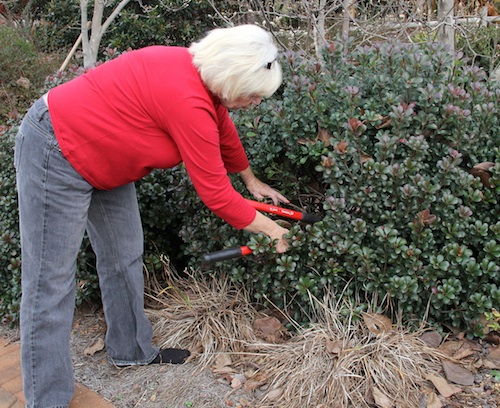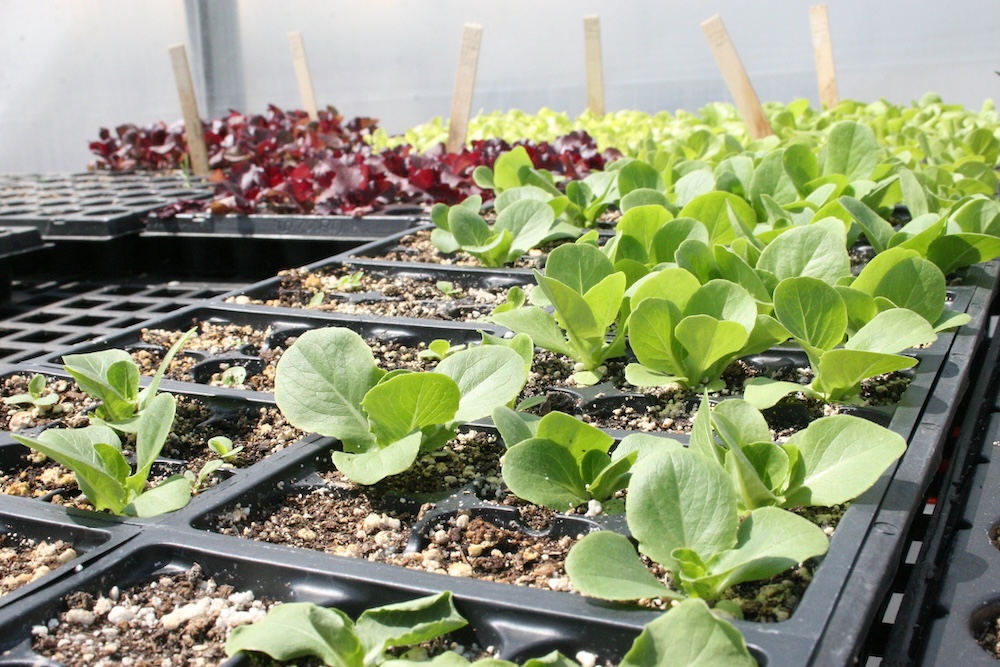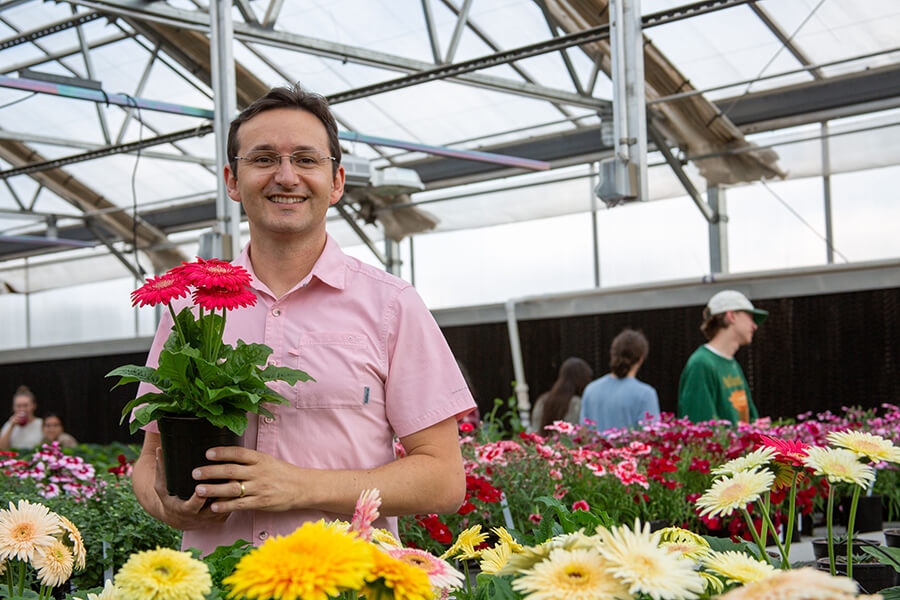A new year brings new opportunities. If one of your resolutions was to improve your lawn and garden, you may need to know where to start and what you can do in the winter.
At the top of the list is a soil test to determine your soil’s pH and fertility. This is a great winter chore to complete to make sure you provide a good soil base for everything you grow. You can follow the recommendations provided after a University of Georgia Cooperative Extension soil test to help your plants look better while preventing excessive nutrients from entering groundwater and streams.
Look around your garden and determine what projects you would like to tackle for the year. Are you interested in creating a pollinator garden? Is it time to add an additional raised bed vegetable garden? Do you want an outdoor entertaining space? Now is a good time to begin garden construction projects so they will be ready to put to use in the spring.
If your plants outgrew their space last year, now is the time to prune them back to the correct size. Shrubs that should be pruned at this time of year include: crape myrtle, beautyberry, Japanese barberry, boxwood, rose of Sharon, nandina, grandiflora roses and fragrant tea olive.
Exceptions to the late winter/early spring pruning rule are spring flowering shrubs whose flowers are set the summer before, such as azaleas, hydrangeas and forsythia. These should not be pruned until after they have flowered. So hold off on pruning the azaleas, unless you want to lose the spring flower buds.
Winter is also the perfect time to order seeds for your spring garden. Seed catalogs are available this time of year and you will find the best selection early. Choose seeds for plants you know will add color, texture and interest to your garden. You can even start many perennial plants from seed beginning in January in preparation for the warmer spring months.
Composting is also a great winter gardening activity. Many of the items you throw in the trash can be sorted out and composted. The benefits of composting go beyond just reducing waste. Compost can be used to improve garden soil and make the landscape and vegetable garden more productive. With a little organization and a designated space, you can make your own soil amendment through composting.
Finally, feed the birds. Winter is long and it’s not easy for feathered friends to find food in the cold. Consider hanging a suet feeder or seed feeder in your landscape. Don’t forget to provide birds with a nice clean supply of fresh water, too. Birds in winter are one of the most fantastic garden ornaments, and now is a great time to invite them to your garden.








